User: | Open Learning Faculty Member:
I ultimately really enjoyed this course and the project. I have spent time in conventional as well as online post secondary and while both have their pros and cons, I really miss having the hands on learning experiences and doing things other than reading from a textbook and filling out assignments. It really made all the difference in terms of how I thought about concepts and made connections because having to be out in nature looking for patterns and really observing translated the information into a mode I could easily remember. I also really enjoy academic literature and the number of studies we had to read for this course really gave me an appreciation for coherent academic literature and I really drew on methods I liked to write my own report.
As for the project itself, I learned a lot about what goes into conducting these studies. Most of the data collection and observations were tedious, cold, and the worst of all: involving math. Furthermore, it was very discouraging to get a nonsignificant result and to later learn about multiple reasons why my experiment failed. On the other hand, it was very good for my ego to have failed and I learned a lot more from what went wrong than I think I would have had the experiment rejected the null hypothesis. To add to that, I also really felt proud at the end of my report having written pages and pages of a study I conducted, commenting on data I collected, picking apart methods that I had created and communicating ideas and concepts I had read about and learned. I now know how more to assign variables and evaluate their validity and the importance of doing the abundance of research before you plan the study rather than after.
I already had a deep appreciation and respect for the natural sciences and ecological theory, but this course really gave me a renewed respect for nature and the incredible amounts of intelligence the natural world holds. I think there is a lot to be learned from it that modern day humans don’t always recognize and through learning all of this information, I felt a little put in my place in terms of my role on the planet as a whole. In addition, I think this intelligence and these concepts can be applied to areas of psychology, which is my main area of study. Human minds in their own way are little ecosystems that have a natural covering of different species (genetics), are subject to disturbances (trauma) and invasive species (human influence), and have their own innate tolerance, resilience, and factors that dictate what state they are in.
Overall, I really enjoyed this course and would like to deeply thank Robyn for all of her hard work.

I’m so glad you enjoyed the course and the field research project, I can’t wait to read your paper! The field project is a lot of work though also very rewarding and I’m glad you are able to see both sides! For your first project, the process is much more important than finding a significant result and you could argue finding a non-significant result makes you think about the patterns and processes going on and how complex ecosystems and their processes can be. Good luck in the rest of your courses!